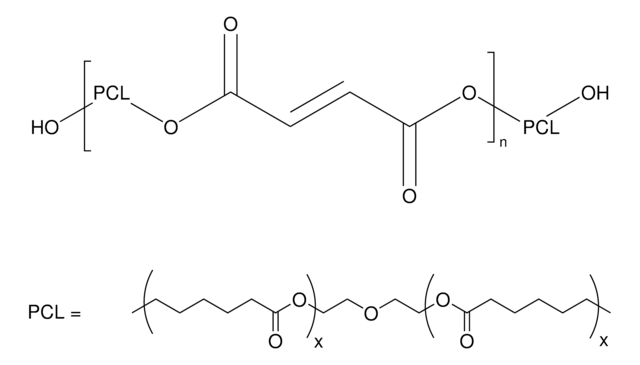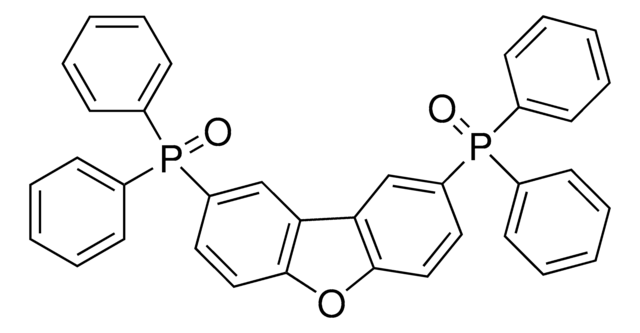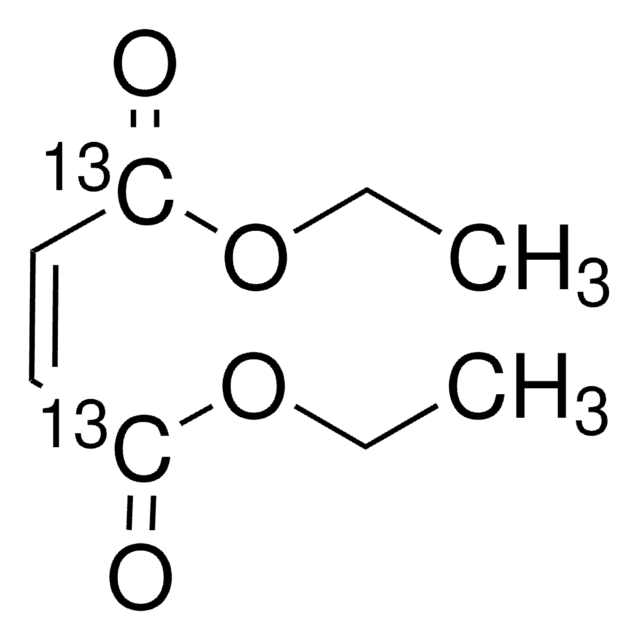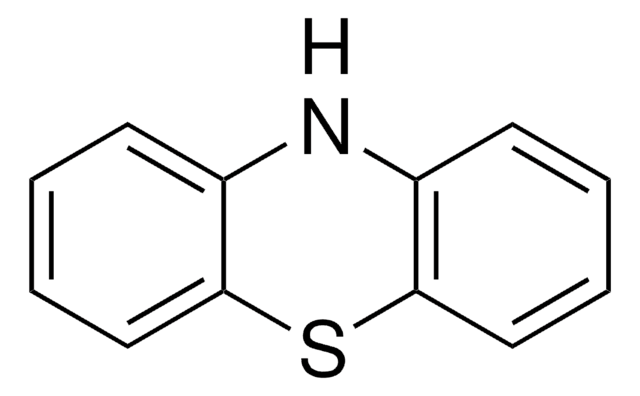936227
Poly(propylene fumarate)
contains contains ~20 wt% diethyl fumarate & 250 ppm MEHQ as inhibitor
Synonym(s):
PPF
Sign Into View Organizational & Contract Pricing
All Photos(1)
About This Item
Linear Formula:
C3H8O2(C7H8O4)n
UNSPSC Code:
13111057
NACRES:
NA.21
Recommended Products
form
viscous liquid (Paste)
Quality Level
contains
contains ~20 wt% diethyl fumarate & 250 ppm MEHQ as inhibitor
color
colorless, White
storage temp.
−20°C
Related Categories
General description
Poly(propylene fumarate) (PPF), a biodegradable polyester, contains unsaturated fumarate group which allows cross-linking of the polymer into a covalent polymer network and has been widely investigated for tissue engineering applications due to adjustable biodegradability, biocompatibility and mechanical performance.
Application
- A degradable scaffold material for bone tissue engineering
- Cross-linkable scaffolds synthesis
- In the drug delivery system
Features and Benefits
- Better biocompatibility and biodegradability
- Unsaturated fumarate sites for crosslinking
- Upon hydrolysis of PPF′s ester linkage, it degrades into biocompatible and excretable fumaric acid and propylene glycol
related product
Product No.
Description
Pricing
Storage Class
10 - Combustible liquids
wgk_germany
WGK 3
flash_point_f
572.0 °F
flash_point_c
300 °C
Choose from one of the most recent versions:
Certificates of Analysis (COA)
Lot/Batch Number
Don't see the Right Version?
If you require a particular version, you can look up a specific certificate by the Lot or Batch number.
Already Own This Product?
Find documentation for the products that you have recently purchased in the Document Library.
Zhongyu Cai et al.
Biomaterials, 208, 45-71 (2019-04-17)
Poly(propylene fumarate) (PPF) is a biodegradable polymer that has been investigated extensively over the last three decades. It has led many scientists to synthesize and fabricate a variety of PPF-based materials for biomedical applications due to its controllable mechanical properties
Ana M Diez-Pascual
Polymers, 9(7), 260-260 (2017-06-30)
Poly(propylene fumarate) (PPF) is a linear and unsaturated copolyester based on fumaric acid that has been widely investigated for tissue engineering applications in recent years due to its tailorable mechanical performance, adjustable biodegradability and exceptional biocompatibility. In order to improve
F Kurtis Kasper et al.
Nature protocols, 4(4), 518-525 (2009-03-28)
This protocol describes the synthesis of 500-4,000 Da poly(propylene fumarate) (PPF) by a two-step reaction of diethyl fumarate and propylene glycol through a bis(hydroxypropyl) fumarate diester intermediate. Purified PPF can be covalently cross-linked to form degradable polymer networks, which have
Our team of scientists has experience in all areas of research including Life Science, Material Science, Chemical Synthesis, Chromatography, Analytical and many others.
Contact Technical Service








